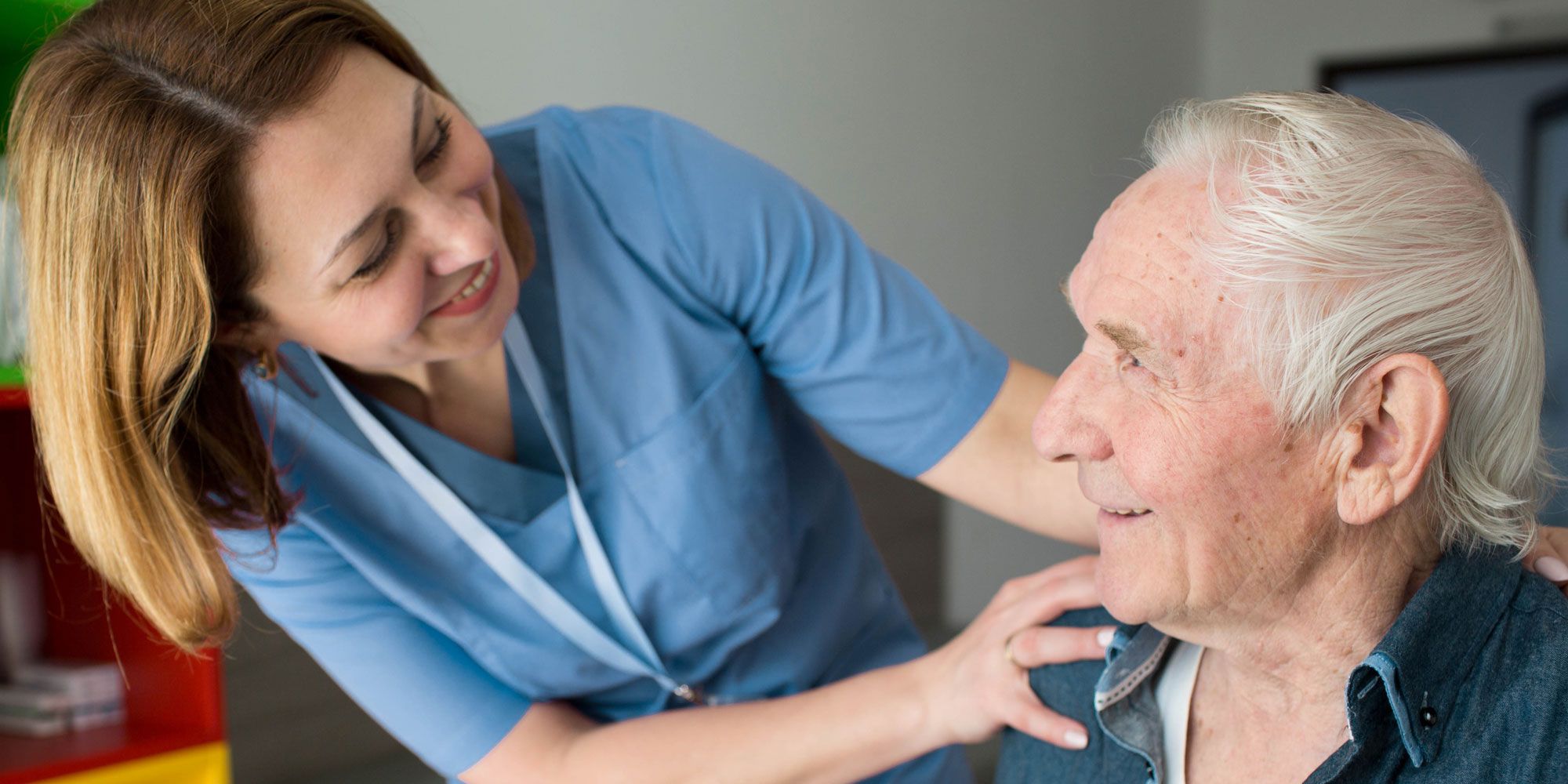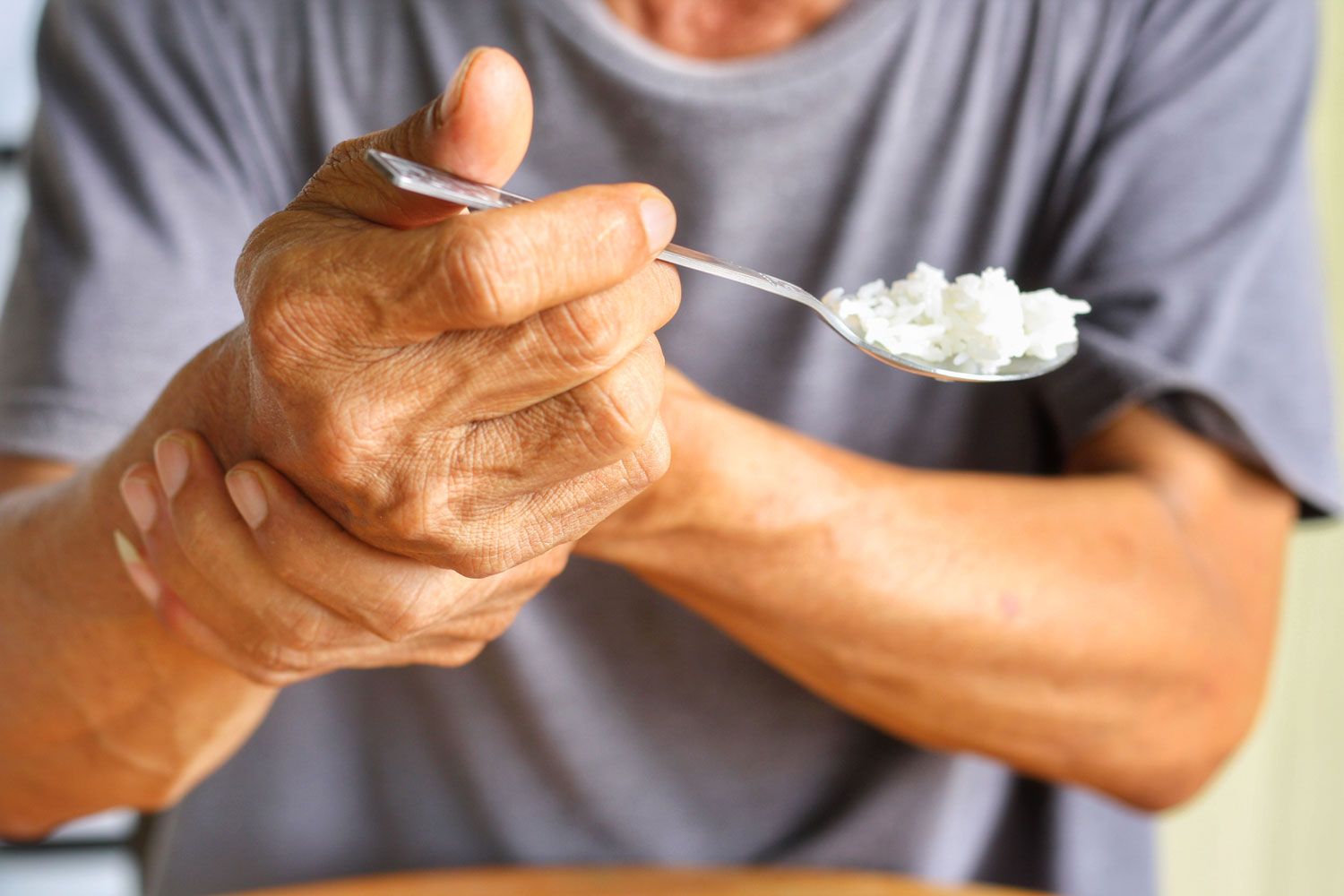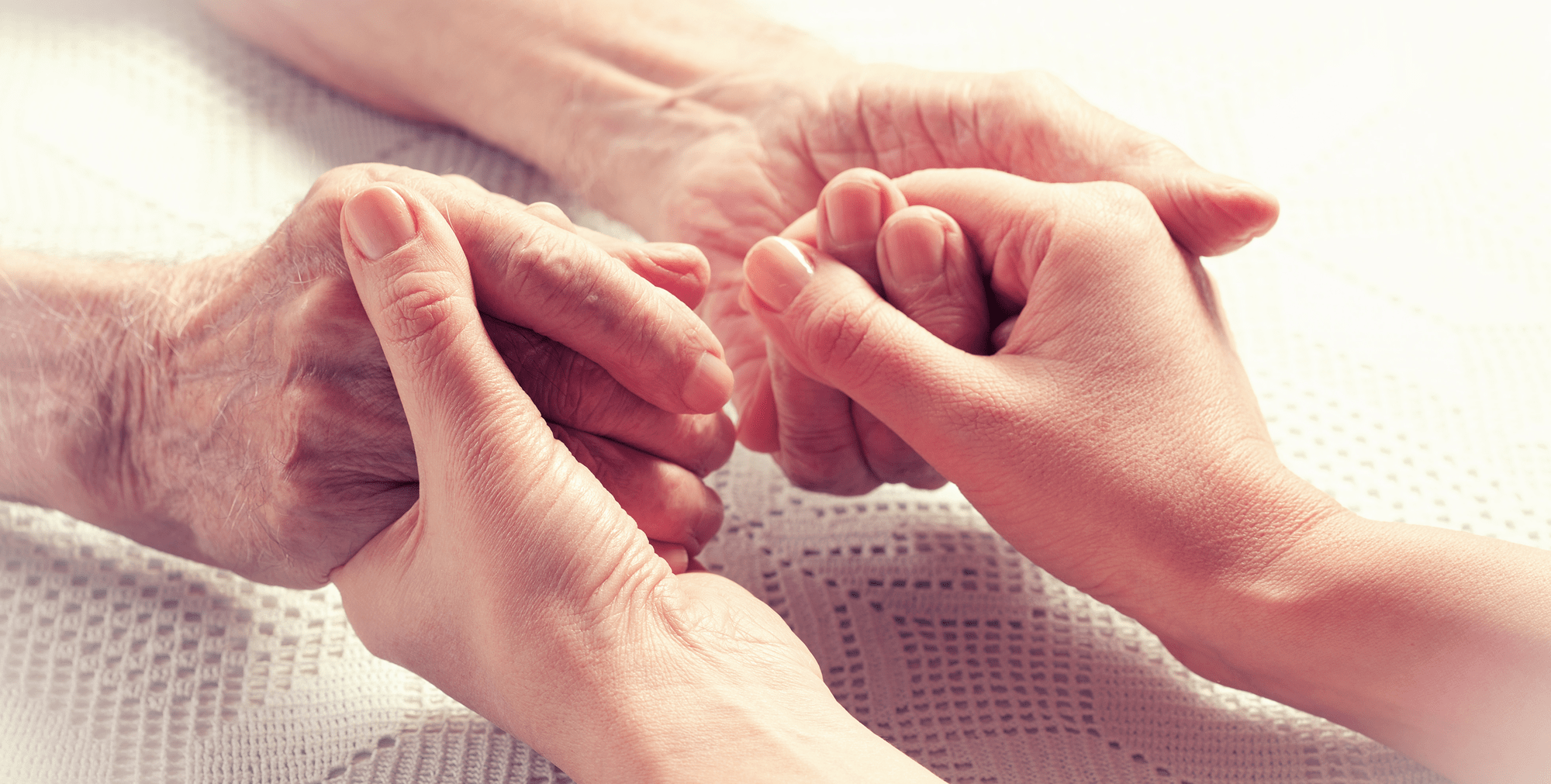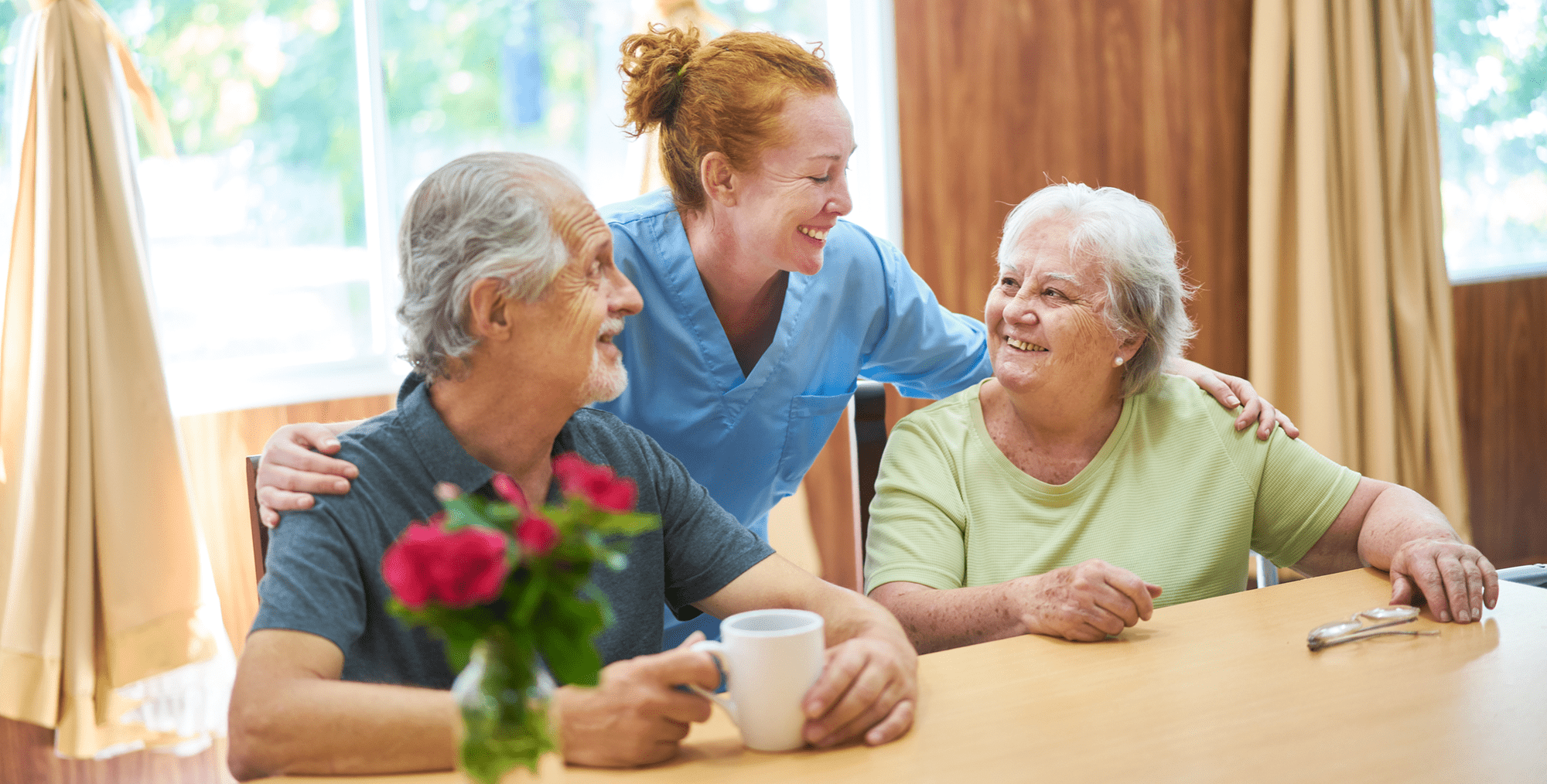-

Parkinson’s Care at Home
Helping people suffering with Parkinson’s disease

Each person is unique and deserves an opportunity to live out their lives as independently and happily as they can, with the level of support they need to achieve this.
Please call us to discuss how we may help you.
We can help by assisting you with personal care, at a time that suits you, and even assisting you with bathing or washing and dressing if that is proving difficult to do by yourself. A carer can also help by taking you to your appointments, going out for walks, shopping trips, and social events and if you’re experiencing problems at night, we can arrange for a carer to stay for the night. We have found, in our many years of experience, that the sense of isolation can be alleviated by companionship and a cheerful person to support through this difficult disease.
A tremor is an uncontrollable movement that affects part of the body, for example in the hand. A tremor (shaking) is one of the main symptoms of Parkinson’s disease, alongside slow movement and rigidity (stiffness). Resting tremor is the most common symptom of Parkinson’s disease, this affects almost 70% of patients. Not everyone will experience all of these symptoms.
Stiffness and other symptoms can usually affect mainly the day-today activities that we would usually take for granted. People with PD may find it hard to turn around, get out of a chair or bed or even make a drink. Also somebody with PD may find it problematic to do certain activities which involve writing, locking a door or sorting through loose change. Rigidity or stiff inflexible muscles is one of the main symptoms of Parkinson’s, alongside tremor and slowness of movement. In diagnosing Parkinson’s disease rigidity is often the most noticeable when you move a joint through a circular movement.
Difficulty in movement is usually described as one of the most disabling Parkinson’s symptoms. “Freezing” means short period of inability to move your feet when walking; people with Parkinson’s may occasionally feel as if their feet are glued to the floor. Different techniques such as stepping over an object or attempting to march can be extremely helpful when faced with these situations. Freezing may also be cut out by following a visual cue or a rhythmic sound.


